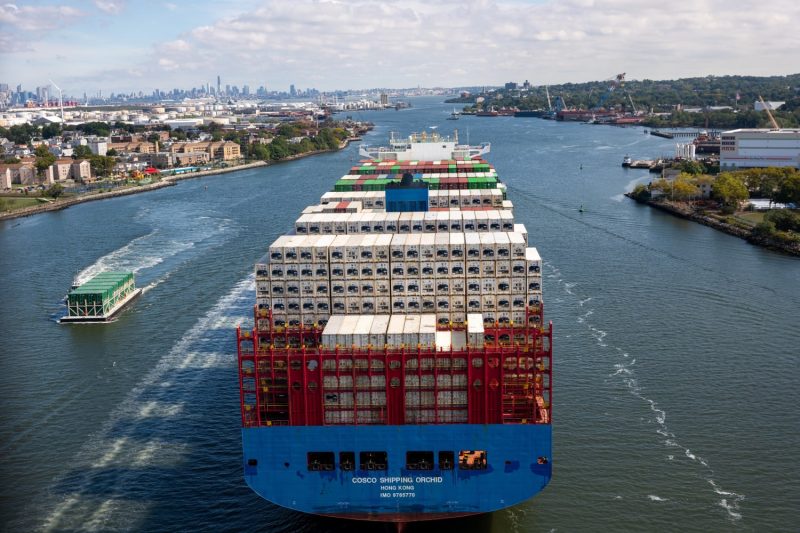In recent breaking news, the East and Gulf coast ports in the United States have faced a major upheaval as thousands of workers have gone on strike. The strike, initiated by the workers in response to wage disputes and concerns over working conditions, has resulted in a complete shutdown of operations at these critical ports. This has had far-reaching implications not only for the workers themselves but also for the broader economy and global supply chains.
The decision to go on strike was not taken lightly by the workers. For many of them, it was a last resort after failed negotiations with port management. The workers are demanding fair wages that reflect the essential nature of their work and the risks they undertake on a daily basis. Additionally, they are calling for improved working conditions, including better safety measures and access to adequate breaks and rest periods.
The impact of the strike has been immediate and severe. With operations at the ports at a standstill, cargo shipments have been delayed or diverted to other ports, causing significant disruptions to supply chains. Industries that rely on the timely arrival of goods, such as manufacturing and retail, are facing mounting challenges as they struggle to meet customer demands.
Moreover, the strike has also highlighted the precarious position of workers in essential industries. Port workers play a vital role in facilitating trade and commerce, yet their contributions are often undervalued and their rights neglected. The current strike is not just about wage disputes; it is a reflection of the broader issues of income inequality and labor rights that persist in today’s society.
In response to the strike, both the workers and port management must come to the negotiating table with a willingness to find a compromise that addresses the concerns of all parties involved. It is essential for a resolution to be reached swiftly to minimize the impact on the economy and prevent further disruptions to global trade.
As the strike at the East and Gulf coast ports continues, it serves as a stark reminder of the importance of fair labor practices and the need to ensure that workers are treated with respect and dignity. The outcome of this strike will not only shape the future of port workers but also set a precedent for how labor disputes are handled in essential industries across the country.

